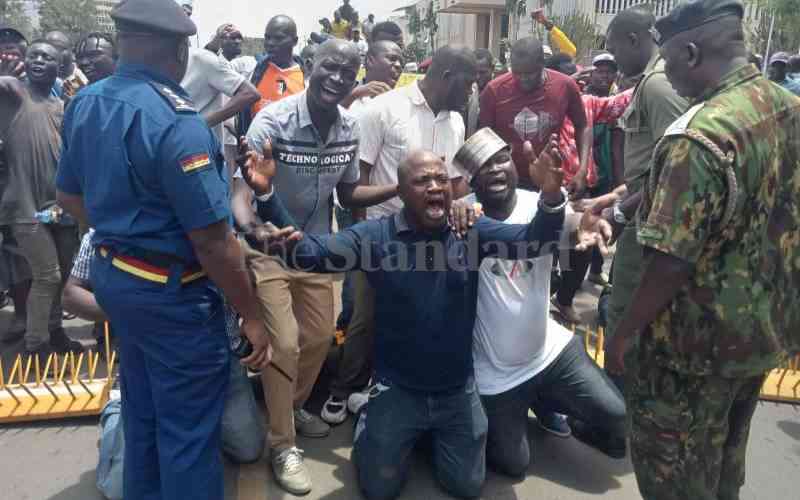×
The Standard e-Paper
Stay Informed, Even Offline

Kenya's never-ending political campaigning that has gripped the country since 2003 has had a negative economic impact on country and the current situation threatens to implode amid a building stand-off.
The political bickering after every presidential elections has instead benefitted regional economies like Ethiopia and Tanzania, which until recently were seen to be less volatile.